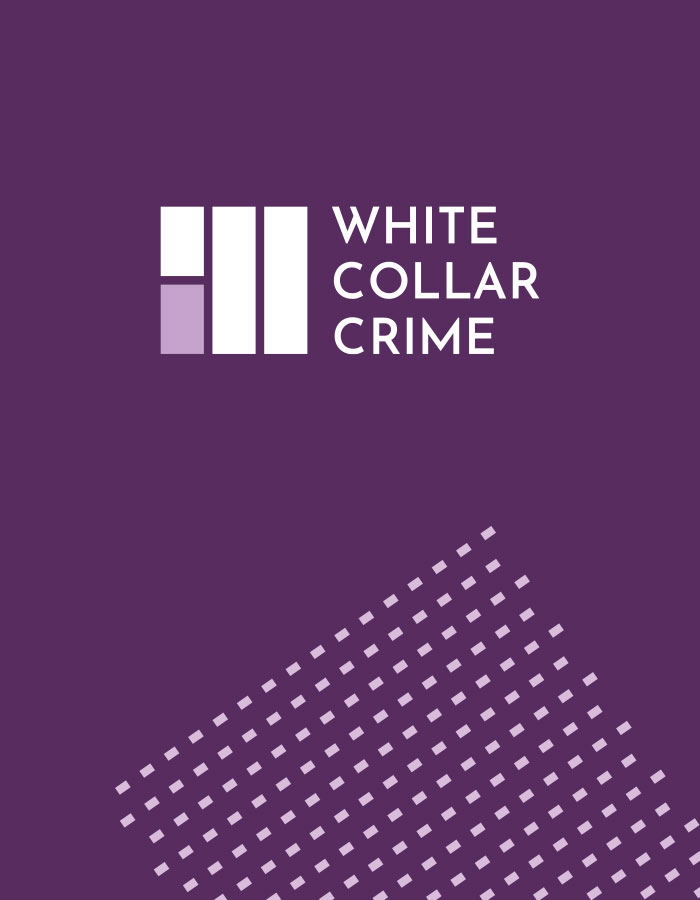Speedread: On 16 January 2020, the government launched a taskforce to bring environmental regulators, HMRC and the National Crime Agency together to combat serious crime in the waste sector. It is hoped that the ‘Joint Unit for Waste Crime’ may provide the authorities with the intelligence and resources to prosecute those engaged in money laundering, tax evasion, and other financial crime. However, details on the funding and operation of the new taskforce are scant, and there is a long way to go to clean up what is, at present, a problematic industry.
The waste industry rarely makes the front page. However, in 2015 waste crime was estimated to have cost £600 million in the UK alone.[1] It is also a global problem – earlier this month, the Spanish authorities arrested more than 40 suspected gang members on suspicion of environmental offences and money laundering, for allegedly illegally shipping over £8.4m of waste to South East Asia.[2] On 16 January 2020 the UK government launched a new taskforce dedicated to tackling serious and organised waste crime – the Joint Unit for Waste Crime (JUWC).[3]
What is waste crime?
Crime is endemic in the waste sector and it takes many forms. Naturally, it includes fly-tipping, illegal dumping or burning of waste, the operation of illegal waste management sites and illegal waste export. However, the introduction of Landfill Tax in 1996 has also commoditised waste in a way which renders it more lucrative for those involved in serious financial crime.
Two forms of financial crime stand out in particular: tax evasion and money laundering.
- Tax evasion
First, tax evasion is a serious concern. Between 2013 and 2018 total Landfill Tax cash receipts dropped from £1.189 billion to £888 million.[4] It is not possible to know how much this trend reflects increased sustainable recovery of waste, illegal dumping or misclassification. Misclassification for tax evasion purposes can make a huge difference to the tax collected by the revenue – the lower rate of Landfill Tax is £2.80 per tonne, versus a higher rate of £88.95 per tonne. It is expected that the tax evasion figures are high, especially given the Landfill Tax gap (not including illegality) is 12% – comparable to the gaps for tobacco and alcohol duties, both of which are known to be subject to high levels of illicit trading.[5] - Money laundering
Secondly, the waste industry is an obvious target for money launderers. Although it is a highly regulated sector, the regulation focuses largely on waste sites and their operators.[6] Other parts of the chain, for example carriers and brokers, are not subject to the same controls. Increasing numbers of organisations and individuals are involved in the industry, fragmenting the market and developing increasingly complex transactions and business structures.[7] At the same time, profit margins are tight, increasing the incentive to cut corners to make business more profitable.[8] Waste sites are often located out of site of the general public, making it easier to conceal their workings.[9] There is a low perceived risk of being caught and subsequent enforcement action.[10] This all contributes to an industry ripe for concealing dirty money and integrating it into the legitimate economy.
What have the authorities done so far?
Attempts to curb such crime are not new, but only slow progress has been made to date.
- The Environment Agency
According to the ‘Independent review into serious and organised crime in the waste sector’, published in November 2018 (the ‘2018 Independent Review’), the Environment Agency has neither the “necessary authority, powers nor business model to counter this criminal scourge effectively” and was the existing structure and organisation “belongs to an older, simpler world where technologies for recycling and incineration were less developed, digital record keeping less common, and the waste industry less global.”[11] - HMRC & the CPS
HMRC and the CPS have made some headway. On 31 January 2020, five directors were sentenced to a total of 11 years’ imprisonment for tax evasion. They had failed to declare sales of waste-paper and aluminium to a recycling company in order to avoid corporation tax and VAT worth over £2.6 million.[12]However, other measures have proved less fruitful. In 2017, new corporate tax offences were introduced. The Criminal Finances Act 2017 allows the revenue to target corporates who fail to implement reasonable procedures to ensure they do not facilitate tax evasion by associated persons. For example, if a weighbridge operator was to deliberately misclassify waste to be transferred to landfill, the revenue could investigate (and the Crown Prosecution Service could ultimately prosecute) other entities involved in the waste management chain who did not have reasonable procedures to flag such evasion. Such entities would not need to be engaged in the underlying tax evasion. Further, the authorities do not have to secure a conviction for the underlying evasion before prosecuting the corporate. The sanctions are severe, including unlimited financial penalties, confiscation orders and serious crime prevention orders.However, to start an investigation, the revenue first needs to know where to look. Even once an investigation has been started, establishing that the underlying behaviour constitutes tax evasion (a criminal offence), and not tax avoidance, can be a difficult hurdle. To date, no prosecutions have been brought under the new legislation.
What will the JUWC do?
The government has announced that the JUWC will bring together environmental regulators, HMRC and the National Crime Agency in order to more easily share intelligence and resources to take swifter action.[13] Perpetrators of waste crime have been found to be the same groups responsible for theft, human trafficking, drugs, firearms, money laundering and serious fraud.[14] It is therefore hoped that data held by the NCA may be of great assistance to the revenue in uncovering those same persons profiting illegally through the waste sector; it will, at least, know where to focus its attention.
However, the government’s announcement only goes so far. First and foremost, increased coordination between the authorities is only advantageous to the extent adequate resourcing is provided. It is of note that the government’s press release did not include any reference to funding. Nor does the announcement provide any detail on how the taskforce will operate in practice.
Further, the launch of the JUWC is only the first of ten recommendations in the 2018 Independent Review. That review also advocated for the Environment Agency to be equipped with further powers to search premises and seize materials, for the introduction of a Fixed Penalty Notice for the clear and deliberate mis-description of waste, for increased use of digital waste tracking, a duty of care at each stage in the waste process and a review of funding, amongst other changes.[15] It can only be hoped that the launch of the JUWC marks the start of what is to be a larger project.
What next?
Looking forward, a shift in culture is required. How can that be achieved? Two suggestions arise.
First, in February 2019 HMRC introduced a new self-reporting regime to encourage those who discover tax evasion to come forward. This was a step in the right direction. The revenue guidance makes it clear that such a report will be reflected in any penalties imposed. It can also form part of the ‘reasonable procedures’ defence.[16] However, more can be done. The regime currently includes no assurance of immunity for the person reporting. This is out of sync with other self-reporting regimes, for example under Code of Procedure 9, for tax fraud investigations. By introducing a similar incentive in the corporate offences self-reporting regime, those involved in criminality would be more likely to come forward.
Finally, many sectors are already caught by the requirement in section 330 of Proceeds of Crime Act 2002 to report any suspicion of money laundering, judged objectively (from banks, to auditors, to art dealers). However, this does not apply to those in the waste industry. Even though this is the case, those involved with regulation of the waste industry should emphasise to industry participants the importance of steering clear of the money laundering offences as well as other forms of criminal activity. This would assist in providing the impetus required to clean up a dirty industry.
[1] Independent review into serious and organised crime in the waste sector, November 2018 (the ‘2018 Review’), page 3
[2] https://www.bbc.co.uk/news/world-europe-51420503
[3] https://www.gov.uk/government/news/clock-is-ticking-for-waste-criminals-as-new-taskforce-launched
[4] 2018 Review, page 8
[5] ibid
[6] Rethinking Waste Crime, Environmental Services Association Education Trust, May 2017
[7] ibid
[8] ibid
[9] ibid
[10] A consultation on proposals to tackle crime and poor performance in the waste sector & introduce a new fixed penalty for the waste duty of care, Department for Environment Food & Rural Affairs, January 2018, Executive Summary
[11] 2018 Review, Foreword
[12] https://www.cps.gov.uk/cps/news/five-directors-jailed-hiding-payments-avoid-paying-ps26-million-tax
[13] https://www.gov.uk/government/news/clock-is-ticking-for-waste-criminals-as-new-taskforce-launched
[14] Waste Crime: Tackling Britain’s Dirty Secret, Environmental Services Association Education Trust, March 2014, page 20
[15] 2018 Review







